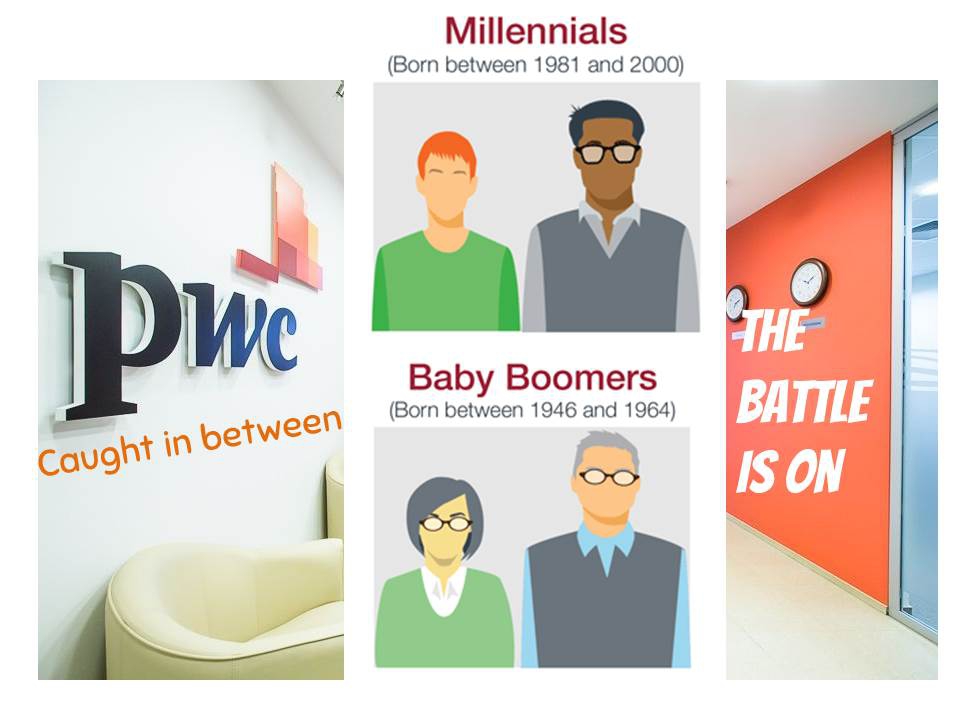Older workers complain that in order to attract and maintain the ‘millennials,’ PwC intentionally screens out individuals aged 40 and older.
Organisations these days are dedicatedly keen on attracting more millennials, as this brings them various business benefits and a sense of pride to have a more youthful workforce. However, at a time when businesses are focussing efforts on having more diverse workforces, is age an important factor that is being surpassed?
Most organisations nowadays are actively seeking more millennials than GenYers, especially for entry-level roles. This trend has recently been questioned by two gentlemen—one 53 years old and the other 47— whose applications for entry-level associate positions at PricewaterhouseCoopers were rejected.
The consulting firm promotes itself as the ‘’place to work for millennials,” who have taken jobs and internships with the accounting giant in droves. The firm annually recruits thousands of newly-minted college graduates. However, this aggressive pursuit of youth is now the focus of a class-action suit for the firm.
The two men who were rejected by PwC have years of accounting and bookkeeping experience, but both failed to make the cut. They allege that they were turned down because they lacked the youthful profile possessed by so many PwC recruits. They say that in order to attract and maintain the ‘millennials,’ PwC intentionally screens out individuals aged 40 and older.
Such favouritism toward millennials, the suit alleges, violates the US federal Age Discrimination in Employment Act, or ADEA. Also, the idea that company recruitment efforts aimed at students and recent graduates can be unlawful is a controversial premise that no federal appeals court has ever endorsed.
Moreover, courts have given more importance to the question in the aftermath of a recession that saw many seasoned workers lose their jobs and toil to find new ones. Advocates for older candidates believe that it is the common misperception that younger workers are more productive, creative, trainable and cheaper, which makes older candidates less preferred.
Apparently, the PwC plaintiffs complained of the company’s “campus track” jobs portal that allegedly prevented individuals, no longer affiliated with a college campus, from applying for entry-level openings.
The complaint points to PwC recruitment brochures filled with images of fresh-faced 20-somethings and the firm’s estimate that 80 per cent of its employees were born in 1980 or later. The suit also cites a Harvard Business Review article authored by a top PwC executive boasting of the firm’s “strikingly young” workforce.



